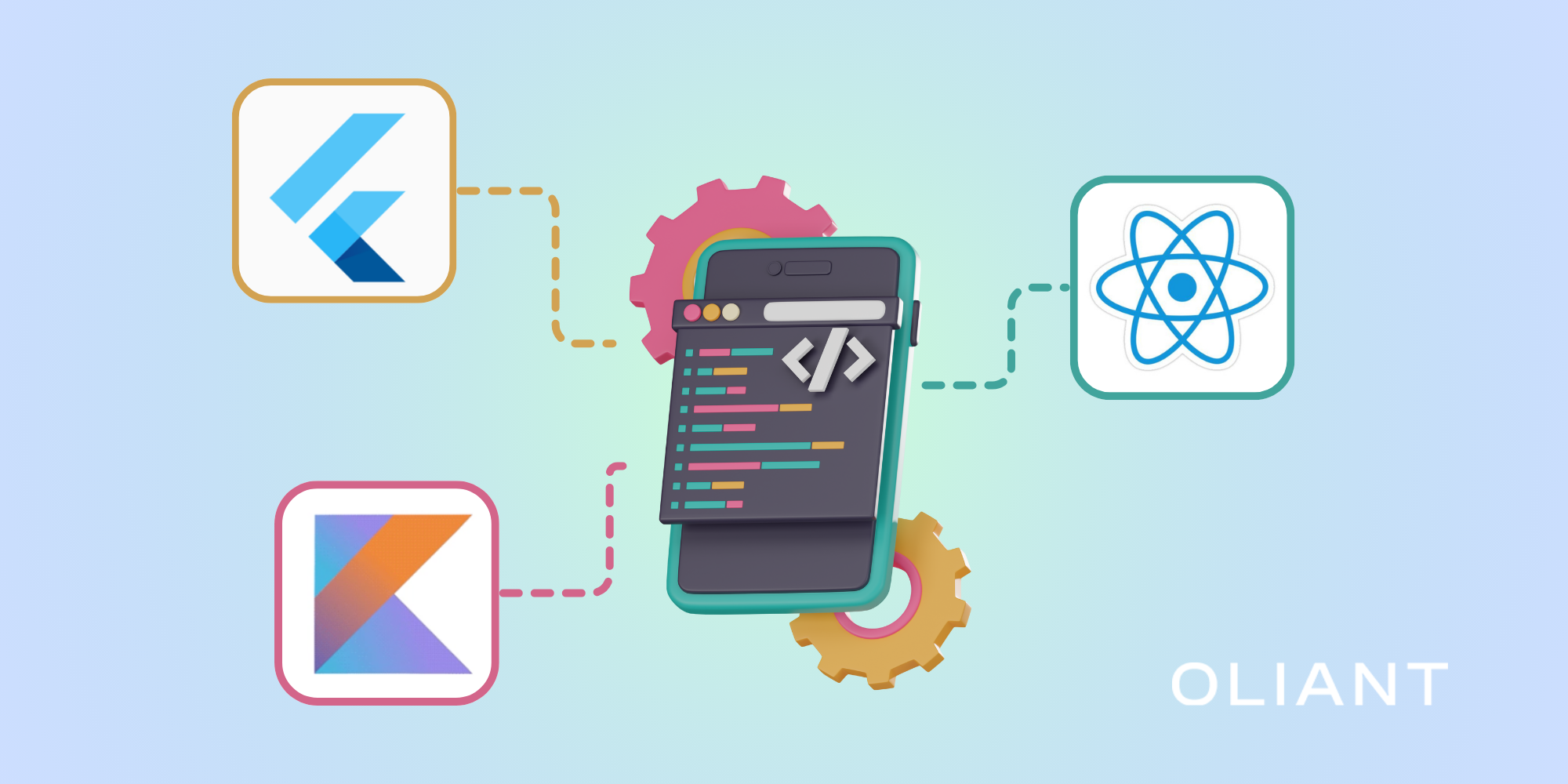You probably know what project management is, but have you ever heard of program management? While they sound quite similar, you might be surprised to learn just how different from each other.
Both roles have their own key functions within the use of Agile Methodologies and teams. In short, program managers ensure the work of Agile teams aligns with the company’s long-term strategy. Project managers, on the other hand, are frontline workers, leading a team through the daily deadlines and deliverables.
In today’s article, we’ll outline the difference between program manager vs. project manager roles, including their responsibilities, functions in and more. Let’s get started!
Project vs. Program: What do they mean?
To grasp the difference between a program manager and a project manager, we first to clarify the distinction between a project and a program. As you might guess, projects are temporary, while programs are overarching strategies. However, there are other key similarities and differences worth noting.
An easy way to conceptualize both terms is by recognizing that programs comprise multiple projects, each one with specific goals that contribute to the broader objectives of said program. While projects have clear timelines and deliverables, programs focus on long-term business objectives with multiple interdependencies.
Despite their differences, projects and programs share some common elements: size, complexity, relationships, and uncertainty; a lot of uncertainty. That’s where project and program managers come in.
What Does a Program Manager Do?
Program managers handle long-term program strategy and success metrics, bridging day-to-day project management with larger business objectives. They align multiple projects under unified goals and collaborate with project managers to ensure consistent progress.
Daily program management tasks
- Finalizing annual objectives based on company-wide OKRs.
- Meeting with project managers to ensure projects align with program goals.
- Reporting monthly metrics to the executive team and preparing the next month’s budget report.
Common program management challenges
- Aligning goals across departments.
- Navigating authority without direct reports.
- Keeping long-term objectives on track while managing short-term projects.
What Does a Project Manager Do?
Project managers focus on the day-to-day execution of tasks, ensuring teams stay organized and deadlines are met. They act as the bridge between the program’s overarching strategy and its individual components.
Daily project management tasks
- Reviewing progress on current projects and addressing any delays.
- Collaborating with program managers to align upcoming projects with monthly goals.
- Hosting a post-mortem meeting to evaluate a recently completed project and archiving its materials.
Common project management challenges
- Handling miscommunication between stakeholders.
- Preventing scope creep.
- Tracking progress without clear success metrics.

Program Manager vs. Project Manager
As we already mentioned, a program manager oversees a long-term program strategy composed of multiple projects, while a project manager handles individual projects. Despite their differences, both are essential for a company’s success.
Let’s dive into some specifics:
Scope of Management:
A program manager supervises a collection of projects, focusing on large-scale programs made up of smaller projects. They align program objectives with the company’s mission, working on contributing to the wider organizational picture and the value to stakeholders.
A project manager, meanwhile, manager focuses on daily responsibilities, such as coordinating tasks and tracking timelines, often using project management software, such as Trello or ClickUp.
Goals and Responsibilities
Since program managers establish programs and their objectives based on a company’s needs, they might work on handling roadmaps, schedules and budgets. They're also vital for mitigating risk, determining, for instance, whether a program will be too costly to pursue and potentially become a money pit.
Project managers consider the day-to-day details of a project to ensure the team meets their goals, focusing on milestones, deliverables, and resource management.
Skills
While a program manager needs to think on a broader scale than a project manager, their skills tend to overlap. They both need to be clear communicators, metrics and process-oriented, and able to analyze data and adjust projects and timelines based on the analysis results. Of course, they must also be familiar with Agile methodologies.
Because program managers have a broader focus than project managers, they should also be familiar with work management solutions to seamlessly manage multiple projects.
Tools
There are several projects and program management software tools that are a must to accurately allocate resources, track progress, and measure success. Content management systems and using tools, such as a RACI charts and user stories, are also extremely useful.
[Also check: Staff Augmentation: Pros, Cons and Mitigations]
How do program managers and project managers collaborate?
Program managers and project managers should be close collaborators within any work environment. They rely on each other to accomplish program goals and objectives.
In a traditional hierarchy, a project manager reports to a program manager. That’s because a project manager is working on one piece of the program, which the program manager is primarily responsible for. However, in more flat structures, they work as partners to figure out how best to break a program down into smaller, interconnected projects.

What’s the right role for your team?
We’ve already established that both program managers and project managers are essential for developing successful projects, managing team resources, and ensuring effective communication, but let’s explore which role could be best suited for your team.
Start by identifying areas for improvement, evaluate whether current roles are being carried out effectively and identify if there are any gaps or pitfalls in your process. In many cases, project managers take on program manager responsibilities, which can lead to burnout and result in more errors in individual projects. Additionally, you can review the company’s overall OKRs to better understand which role aligns more closely with long-term goals.
Here are some examples of issues your business could be facing.
- Your team struggles with performance tracking and reaching larger objectives. Here, a program manager can establish key metrics and define strategies to ensure that contribute to the company’s overall goals.
- Your team has trouble meeting deadlines and feels overwhelmed by their tasks. A project manager can oversee timelines and the team’s workload to ensure goals are met on time and communication is clear.
- Your company aims for significant growth but struggles with reaching key objectives and measuring performance. Here, it may be beneficial to add a program manager and a project manager. The program manager can define long-term goals and help align projects to achieve those objectives, while the project manager takes care of daily, deadlines, deliverables, and team communication.
If your team needs a boost in management, both program managers and project managers can be brought in through staff augmentation or mix in with your own in-house team. All of these approaches will have their own pros and cons, depending on your business’s needs.
Conclusion
Understanding the distinctions between program and project management is essential for building a team that operates efficiently and meets both short-term and long-term goals, together, these roles will create a balanced approach to managing resources, timelines, and objectives.
As with many business strategies, choosing the right role for your team depends on your organization’s current challenges and goals. Whether you need a program manager to drive strategic alignment or a project manager to streamline execution, or both, having the right expertise is sure to empower your organization’s sustained success and confidence.





















.png)





.png)



.png)









.avif)










.avif)
